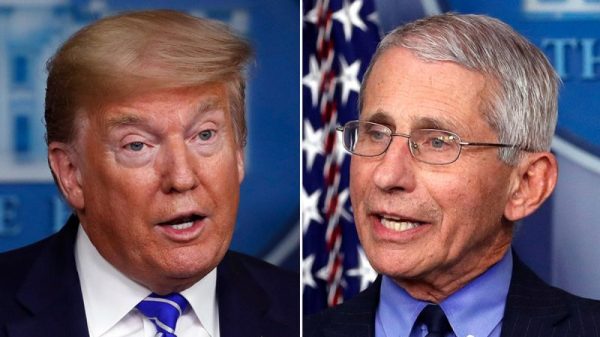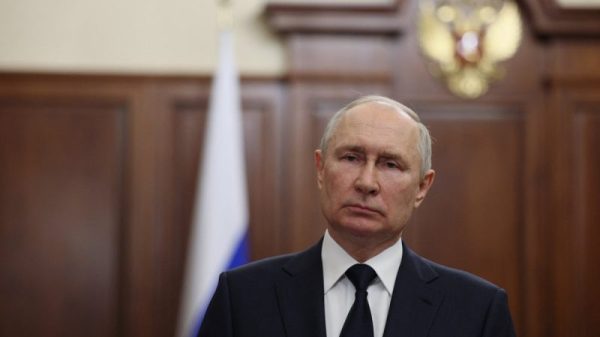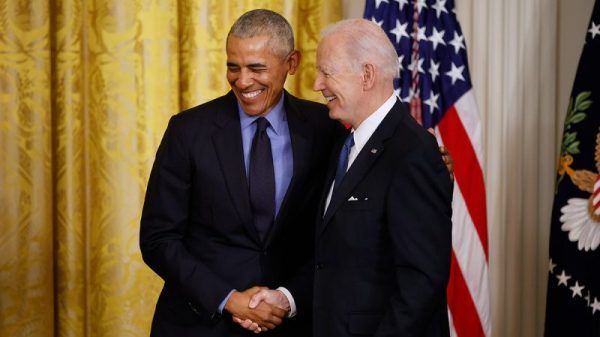The Ripple Effect of Oil Drops on Gulf Markets
Major stock markets in the Gulf are dancing to the tune of falling oil prices, a phenomenon that has become synonymous with the region’s financial landscape. As Brent approaches $80 a barrel, investors are holding their breath for the upcoming OPEC+ meeting, anticipating decisions that could shape the oil industry’s trajectory well into 2024. This article delves into the intricate relationship between Gulf markets and the fluctuations in oil prices, exploring the recent market movements and the impending decisions that could define the future.
Market Watch: Gulf Markets React to Oil Price Fluctuations
In the wake of slipping oil prices, Gulf markets experienced a dip in early trade on Monday. The Saudi Arabian benchmark index (.TASI) and Abu Dhabi’s index (.FTFADGI) eased by 0.2% and 0.3%, respectively. Notable players like Saudi Aramco and Emirates NBD felt the impact, underlining the pervasive influence of oil on the region’s financial giants. As the Gulf markets navigate these fluctuations, the looming OPEC+ meeting adds an extra layer of uncertainty.
The Oil Conundrum: OPEC+ Negotiations and Their Impact
Last week’s turbulence in oil prices can be traced back to the postponement of the OPEC+ ministerial meeting to Nov. 30. The meeting, originally scheduled to address production targets for African producers, has injected a sense of unpredictability into the market. As OPEC+ nations, including Russia, grapple with differences, Gulf markets find themselves at the mercy of the negotiations. The outcome of the meeting could not only influence oil prices but also sway the course of the Gulf’s financial future.
UAE’s Strategic Move: Expanding Murban Crude Exports
Amid the market turmoil, the United Arab Emirates (UAE) is set to make a strategic move, ramping up exports of its flagship Murban crude early next year. This decision aligns with the new OPEC+ mandate and entails diverting barrels to the international market due to refinery maintenance. While this move signifies the UAE’s proactive stance, it also underscores the adaptability required in the face of dynamic global oil dynamics.
Global Dynamics: China’s Fuel Oil Quotas and Market Impact
Beyond the Gulf, global dynamics play a role in shaping oil markets. China’s issuance of an additional 3 million metric tons in fuel oil import quotas for 2023 for non-state firms adds a layer of complexity. The increased quota, totaling 19.2 million tons for the year, reflects China’s demand amid a tight supply of low-sulfur feedstock. As the market responds to these developments, the Gulf watches closely, mindful of the interconnected nature of the global oil trade.
Looking Ahead: Forecasting Oil Market Trends and Challenges
As oil prices continue their dance, analysts provide insights into the future. The ongoing dispute within OPEC+ over production quotas raises concerns, with ING analysts expressing negativity in market sentiment. While there’s an expectation that Saudi Arabia will roll over its additional voluntary cut, the market remains on edge. The International Energy Agency’s projection of a slight surplus in global oil markets in 2024 adds another layer to the puzzle. Navigating these uncertainties, Gulf markets must strategize for potential challenges and opportunities that lie ahead.
Italy is currently engaged in discussions with Saudi Arabia to explore potential joint investments across various sectors, including automotive, mining, oil & gas, defense, hydrogen, and space, as revealed by Industry Minister Adolfo Urso on Monday.
The initiative aligns with the efforts of Italian Prime Minister Giorgia Meloni, who assumed office in October 2022 and has been actively pursuing stronger connections with the Gulf region. Notably, these endeavors signify a departure from the reservations expressed by previous coalitions regarding human rights concerns in the Gulf.
During his visit to the Arabian peninsula, which extends until Tuesday, Minister Urso is conducting meetings in key Gulf nations, including Qatar, Saudi Arabia, and the United Arab Emirates. This diplomatic engagement underscores Italy’s commitment to fostering economic partnerships and collaborations in diverse sectors with its Gulf counterparts.
Weathering the Storm as Oil Drops Shape Financial Horizons
In the intricate tapestry of Gulf markets, oil drops serve as both catalysts and challenges. As we observe the current scenario where major Gulf markets track oil prices lower, the impending OPEC+ meeting becomes a pivotal moment. The decisions made will resonate far beyond the confines of oil production, influencing the financial tides that Gulf markets navigate. Amidst the uncertainties, one thing remains clear – the resilient spirit of Gulf economies, adapting to the ever-changing dynamics of the global oil industry. As oil drops create ripples, the Gulf stands ready to weather the storm and emerge stronger on the other side.
The post The Ripple Effect of Oil Drops on Gulf Markets appeared first on FinanceBrokerage.


































